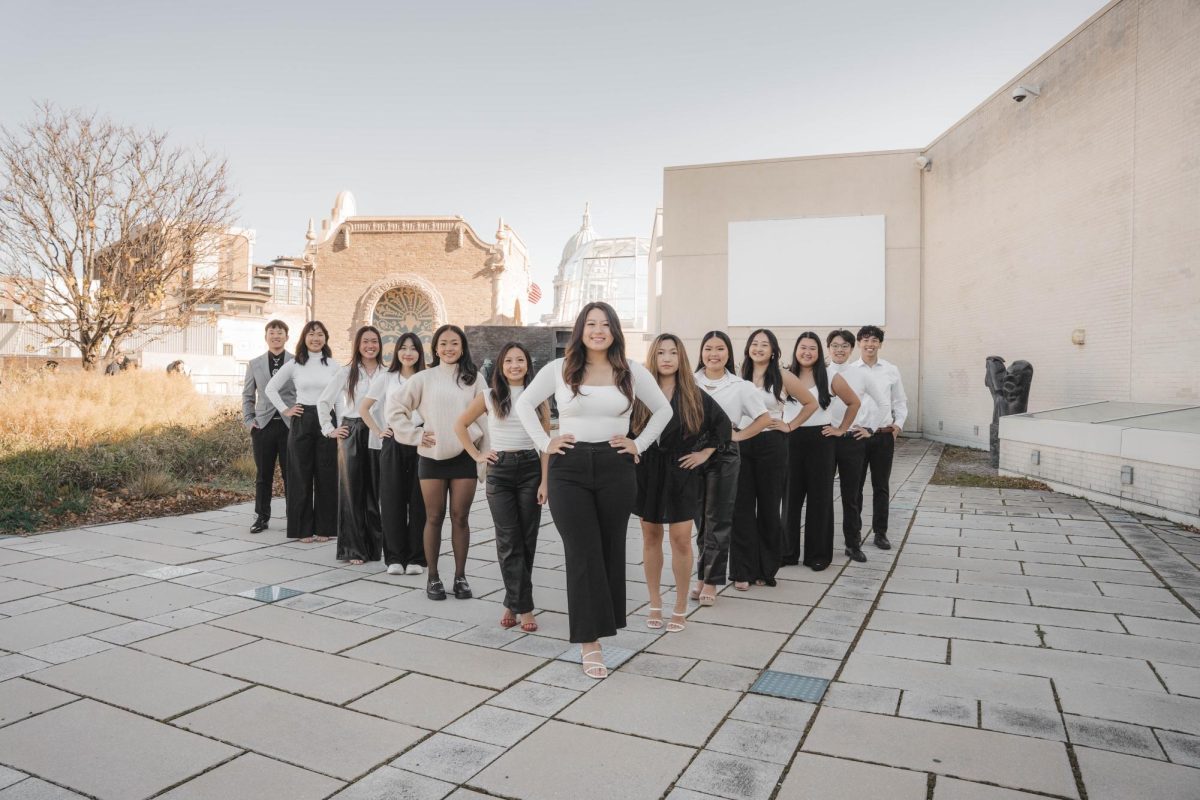This April kicks off the 20th Hmong Heritage Month, according to Recollection Wisconsin. The yearly celebration began as a way to acknowledge and celebrate the contributions and culture of the Hmong people.
Celebrations begin with The HMoob Student Dinner April 16. Organized by the University of Wisconsin School of Human Ecology and the Office of Financial Education, the event began in 2018 to create a safe space for Hmong students to come together and celebrate shared experiences. The dinner includes social events and traditional Hmong cuisine.
The UW Hmong American Student Association will also be celebrating through a collaboration with the UW Department of Life Sciences Communication and the UW Division of Extension to host a Hmong cuisine event on April 18th.
According to UW professor and Environmental Communication Specialist for Extension Bret Shaw, the event will be focused on nutritional programming for Hmong teens and adults by highlighting Hmong crops and cuisine. Shaw hopes to use the event as material for a Culturally Responsive Science Communication course he teaches students about and implement a culturally responsive science communication campaign.
“We are engaging HASA members, but we’re also trying to produce shareable content for YouTube and social media that we can use to promote nutritious recipes and cuisine to young Hmong adults through this partnership,” Shaw said.
Shaw has been working with Hmong Americans as part of a U.S. Department of Agriculture project to help connect and support HMoob farmers in Wisconsin. According to previous reporting by The Badger Herald, the Hmong/HMoob Farmers/Growers program has helped a network that not only provides crucial farming resources and support to Hmong farmers in Wisconsin but also fosters a sense of community among them.
The upcoming Hmong cuisine event is scheduled for April 18 and is a collaboration that seeks to extend these efforts by encouraging Hmong students to eat more Wisconsin-grown fruits and vegetables and showcase Hmong cuisine and traditional Hmong crops/herbs.
“I’ve been partnering with extension and then the partnership with the Hmong American Student Association is that if you’re going to reach Hmong young adults, then who is a better partner than the Hmong American Student Association, so I’m trying to get my students to learn to interact and have constructive conversations and learn to let the ideas be driven by the community you’re working with,” Shaw said.
As a result of many small towns in Wisconsin beginning Asian-refugee settlement programs, Wisconsin currently has the third largest Hmong population in the U.S., according to the Wisconsin Department of Health Services.
According to Shaw, Hmong farmers are common in Wisconsin, which highlights a unique opportunity for integrating traditional agricultural practices with modern nutritional education within the Hmong community. This confluence of agriculture and cuisine not only supports the local economy but also serves as a bridge between generations, preserving cultural identity through food.
Beyond April, HASA works to build a Hmong community on campus through various initiatives and events.
According to HASA External Chair Brandon Yang, the student organization was created in 1988 as a way to bring together and offer resources to the campus Hmong population.
“We [HASA] serve as a welcome space for the Hmong community for UW, and we offer a lot of resources for the Hmong community and for those that are a little shy to come out and stuff,” Yang said. “And I think we’ve been doing a good job about that with the Phooj Ywg program, which is a big and little program to introduce new members to HASA.”
The Phooj Ywg program HASA offers is a system where new members are matched with an existing member as a mentor. Phooj Ywg is the Hmong word for friendship.
Last year, HASA hosted its 6th annual Hmong New Year Celebration. The event was hosted in collaboration with the Wisconsin Union Directorate Global Connection Committee and included dance performances, food, and Hmong trivia.
More information about HASA events during Hmong Heritage Month can be found on their Instagram.


